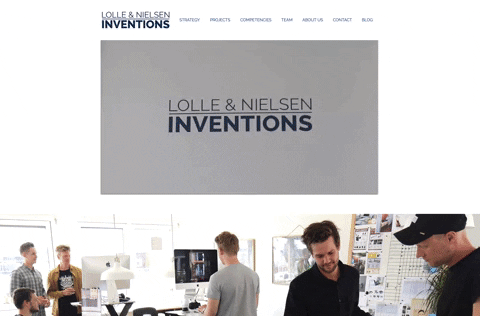It can be hard to schedule for creativity, and we will not let time management stand in the way of the innovative itch when it suddenly strikes.
It’s common practice in engineering as well as a lot of other industries to log your time meticulously in the name of optimizing everything from resource management to billing.
However, when people ask how we register our time, the answer is simple: We don’t! Often, this is followed by a suspicious look and something along the lines of “but how do you backtrack and forecast then!?”.
While we have experimented with time logging several times, we always end up with the same conclusion: It doesn’t work for us. In fact, we believe it might even stand in the way of getting our next invention right.
Planning without time logging
The main reason why we have chosen to steer clear of time logging is the nature of the work we do. When inventing, we have to react when an impulse suddenly hits. We have to be able to follow new ideas when they present themselves and throw it around in the team if need be.
Another reason is admittedly a question of temper and belief; just the fact that you have to measure your innovative progress every day might lead to mental barriers. So far, our experiments have only led to annoyance from the team which is hurting creativity.
This does however not mean, that we wander through the day in a colourful haze of being creative. We still do a lot of planning through our daily scrum meetings. We just don’t register the time we spend on each task – and we try to make it clear which tasks can be postponed to the next day if an impulse suddenly needs our attention.
Warm hands over bureaucracy
Our free approach only works because of the talented team we have. Mutual respect means that everyone trusts each ability to spend their time wisely.
We believe we should stay away from bureaucracy as much as possible. And a good associate recently gave us an analogy about just that and focusing on “warm hands” instead: Just like in the health care sector, we will rather spend our time with the patient (the invention) than documenting what we have done throughout the day.

